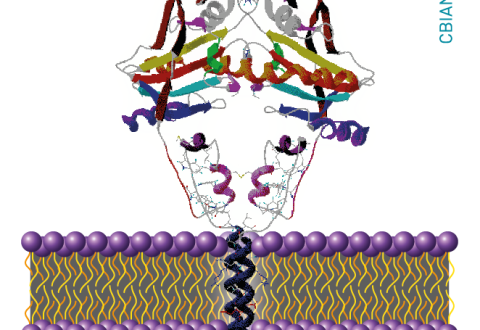Background: Iodothyronine deiodinase-1 (D1) selenoenzyme regulates the systemic supply of active thyroid hormone. A transient decrease in D1 enzymatic activity is clinically relevant and adaptive in non-thyroidal illness such as fasting or acute illness. However, DIO1 gene defects have not been reported in humans.
Methods: Genetic analysis was performed using whole-exome sequencing in members of two unrelated families presenting with abnormal serum thyroid function tests. Plasmid constructs containing the two pathogenic DIO1 variants were used for in-vitro studies assessing the kinetics of their enzymatic activity. Thyroid function tests were measured in Dio1 heterozygous-null mice.
Results: We report the novel identification and characterization of two missense DIO1 pathogenic variants (resulting in p.Asn94Lys and p.Met201Ile) in two unrelated families presenting with abnormal thyroid hormone metabolism with elevated serum reverse triiodothyronine (rT3) levels and rT3/T3 ratios. These characteristic in vivo parameters are also present in Dio1 heterozygous-null mice. Kinetic studies of the resulting mutant D1 proteins demonstrate 2-3-fold higher Km indicating lower substrate affinity and slower enzyme velocity.
Conclusions: We report the identification and characterization of two missense DIO1 pathogenic variants identified in families with abnormal thyroid hormone metabolism. This is the first demonstration of inherited D1 deficiency in humans.
